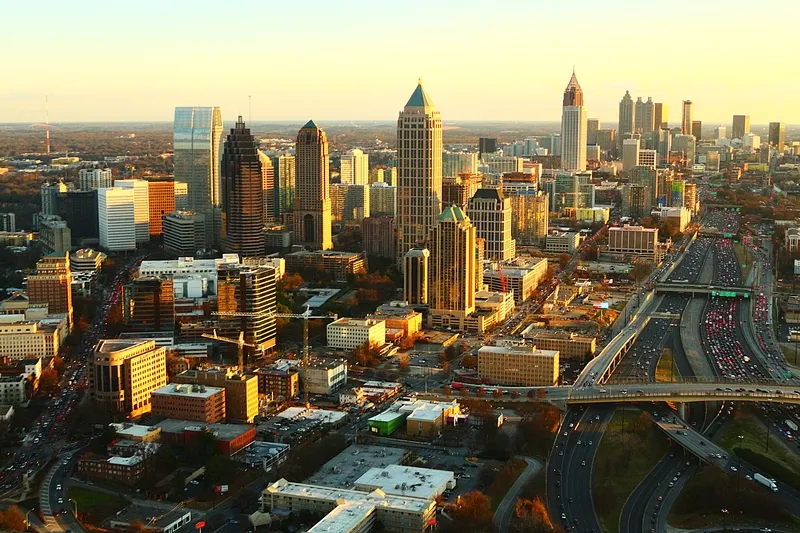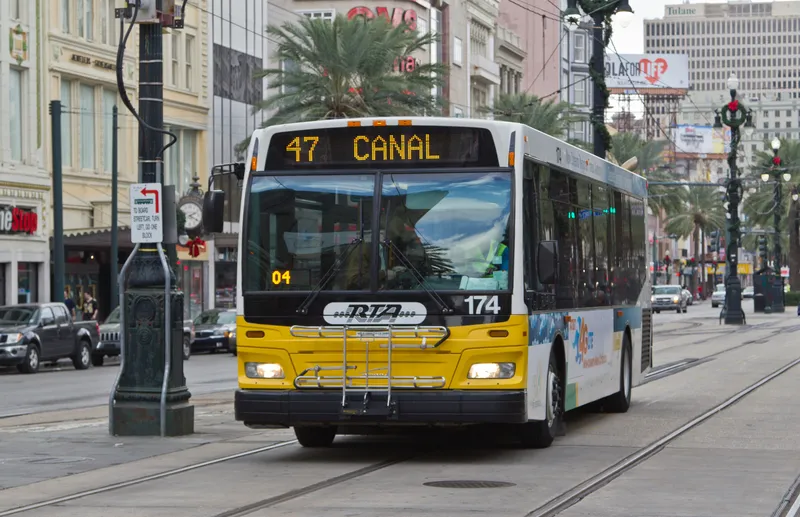
So what have we found so far from life in lockdown? Not commuting has its benefits. Maybe more of us could work from home when technology allows. We all know how to Zoom now.
What else? The lack of road traffic has given us cleaner air to breathe when we do go out, while more of us seem to be taking to our bicycles.
Also, we know that what we've been doing across the world for the last few months is economically unsustainable - which is why restrictions are easing in many countries.
Ridership on public transportation has fallen off a cliff, but it is slowly rising again in some areas.
Still, the idea of shared space – or shared anything - is unappealing and worries over infection may well keep passengers away from buses and subways for a long time to come.
Urban authorities have moved quickly to reallocate space for walking and cycling. Yet something close to normal life must go on, and pollution levels and congestion are already creeping up.
Of course, while pedestrian-friendly streets and lower pollution have been welcome, they arose from something that has caused untold misery. We need to be cautious and sensitive when discussing how we build on what we've seen for what comes next.
Let’s never forget, however, that public transit employees the world over have been borderline heroic during this crisis. By allowing essential workers to get to their places of work they have, as Human Transit author Jarrett Walker said, been helping civilisation avoid collapse. No mean feat.
Innovation, imagination and integrity are not rationed, as the many schemes providing free services for healthcare professionals and others during the pandemic have shown. This industry is very good at doing smart things quickly.
As we move out of lockdown, we need to use that experience to explain to others where we should go from here.

@ITS_Int_News
@ITSeditorAdam
And it will be hard to argue, after all this, that 'business as usual' is the only way forward.
The ITS International team again sends the global ITS family our best wishes.
As ever, thank you for reading, and stay healthy.









